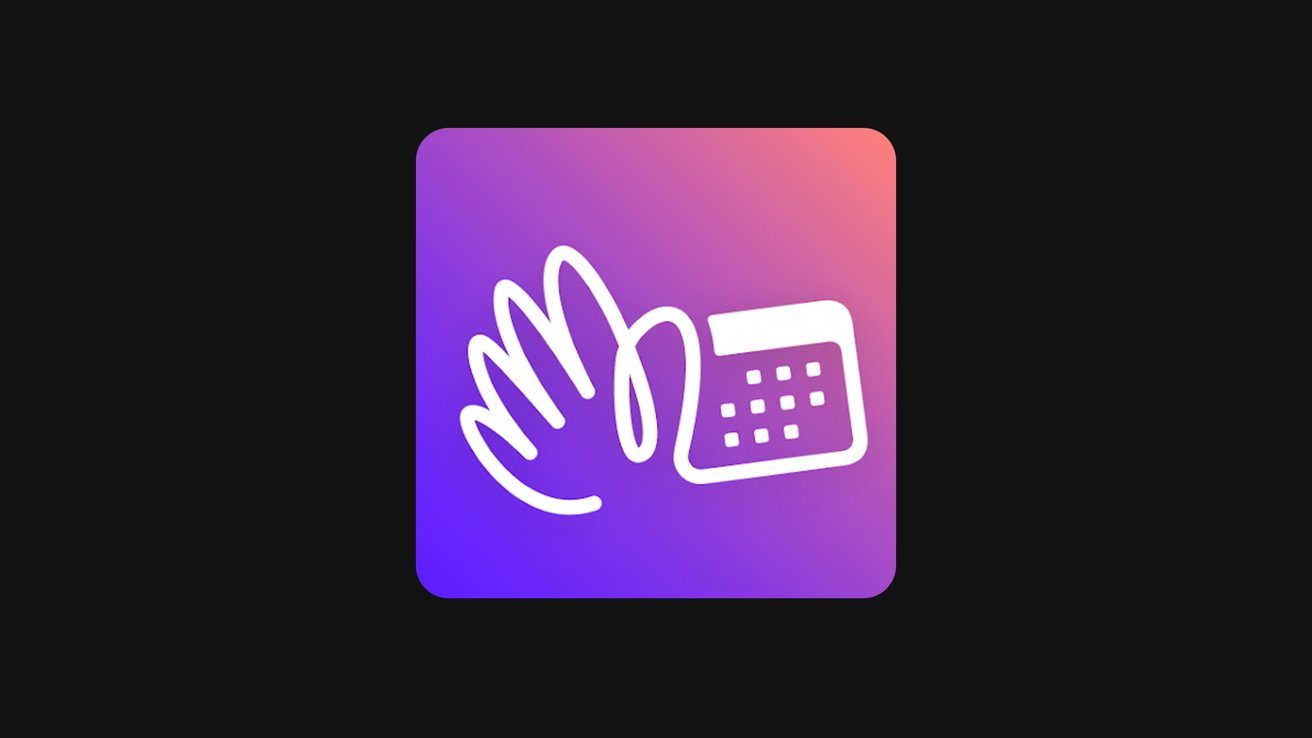Basecamp’s email service, Hey, has once again found itself in a dispute with Apple, this time over the rejection of its new calendar app from the App Store. The conflict stems from Apple’s requirement that apps allow users to sign up for the service and potentially pay for the subscription within the app, thereby triggering Apple’s 30% commission on in-app purchases.
Key Takeaway
Apple has once again clashed with Hey, this time over the rejection of its calendar app from the App Store due to payment-related issues, reigniting a longstanding dispute between the two companies.
Hey’s Standpoint
Hey’s co-founder, David Heinemeier Hansson, took to social media to express frustration over Apple’s rejection, citing the tech giant’s insistence on the app’s lack of functionality upon download. He emphasized that Hey is unwilling to comply with what he referred to as “extortionate 30% ransom” demanded by Apple and vowed to continue the fight.
Historical Context
This is not the first time Hey has clashed with Apple. In 2020, Apple initially rejected Hey’s email app for similar reasons, eventually reaching a compromise that allowed users to download and use Hey with a randomized email ID, but required payment through a web browser for full access.
Hey’s Argument
Hansson has pointed out that several other apps, such as Google Calendar and Netflix, operate with similar login and payment structures outside of Apple’s ecosystem. He also highlighted Apple’s use of a single iCloud ID to provide subscriptions to a suite of apps, arguing that Hey’s calendar app should be permitted on the App Store.
Continued Resistance
Despite the ongoing dispute, Apple has not provided immediate comment on the matter. Hansson, however, remains resolute in Hey’s stance, stating, “We’re never going to roll over and pay Apple 30% in protection money to be left alone. Last time we found a way, and we will again.”







